You arrived to Budapest as a member of the LIBE delegation, we met on the first day of your visit. You have repeatedly said that you are first and foremost looking for the truth and you want an honest understanding of the situation here. What does this mean exactly?
I would like to personally familiarize myself with the cases of alleged rule of law violations that Hungary has been accused of. These include the judicial reform and the apparent one-sidedness of the media. But as I arrived in Budapest, I saw a variety of newspapers from different political perspectives – and they are all distributed freely. I could also include among these criticisms the LGBTQ debate erupting from Hungary’s child protection law and the attempts at curbing their propaganda. I believe these are all just excuses to punish the Hungarian government for being too conservative, rejecting the migrant quota, and daring to say that immigration should not be an EU competence but a national one.
What was your first day here like?
On Wednesday afternoon I met with several NGOs and asked them what their problem is with the Hungarian government. I asked them to provide examples of a press body being prohibited or a demonstration being banned. Thus far, we haven’t received a single example with actual numbers and reasons. These are all empty accusations. They are empty and merely part of the political campaigns against the Hungarian government.
What do you think of the European Parliament’s continuous campaigns against Poland and Hungary?
The Article 7 procedure against Poland and Hungary reminds me of a Stalinist showcase lawsuit. With such illegitimate motivations, it is completely unfair. Yet I’ve been seeing that more and more Member States are rejecting the European Commission’s dictates because they reject their priority over the people. Europe is in a weakened, fragile state and this is evidenced by how European institutions operate these days. We must return to a time of nations cooperating and we must accept that every country has their own history, individuality, identity and vulnerabilities that they must protect.
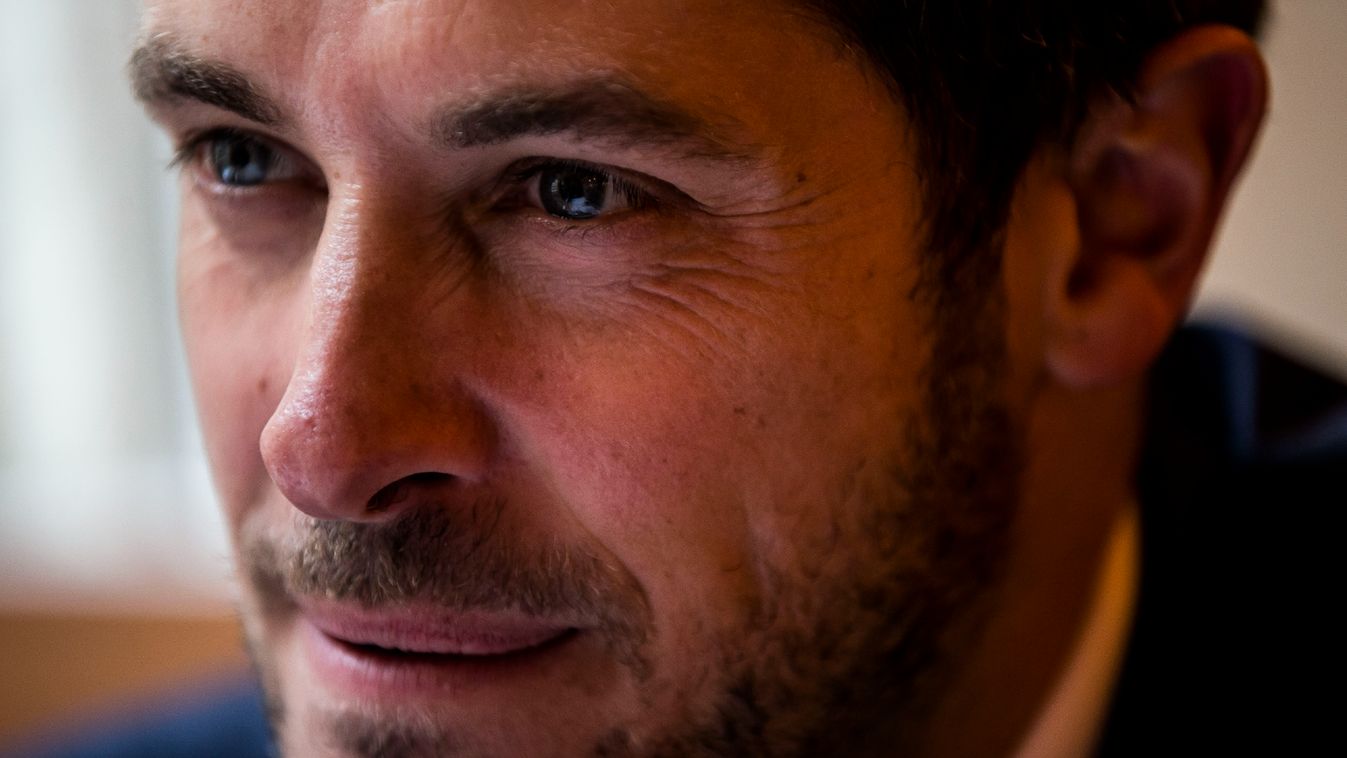
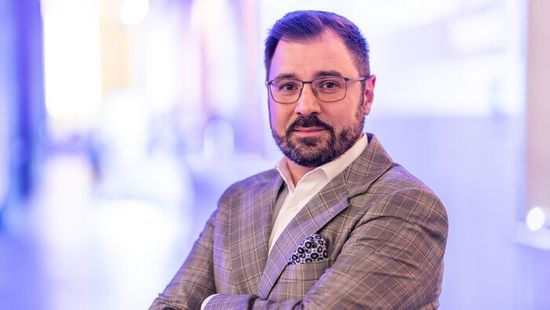
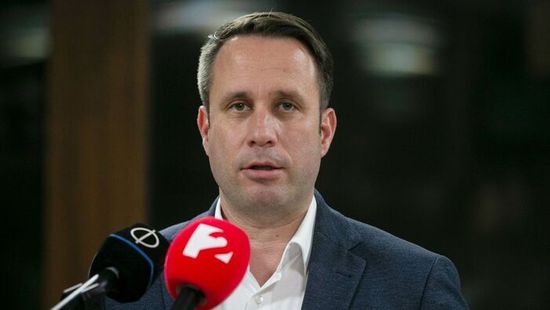
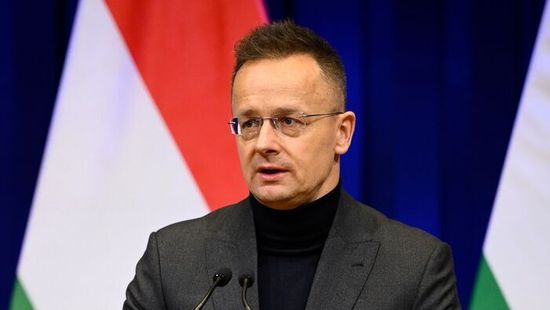



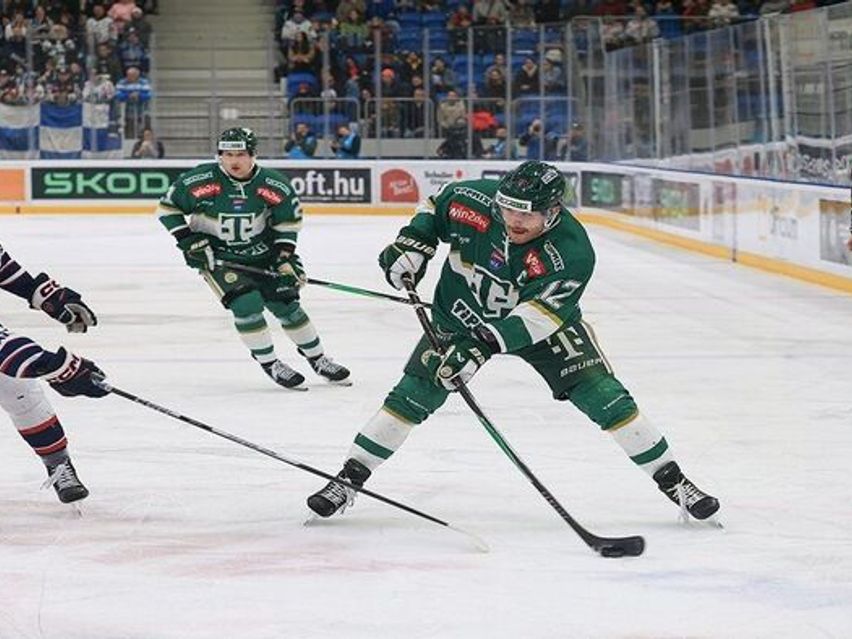
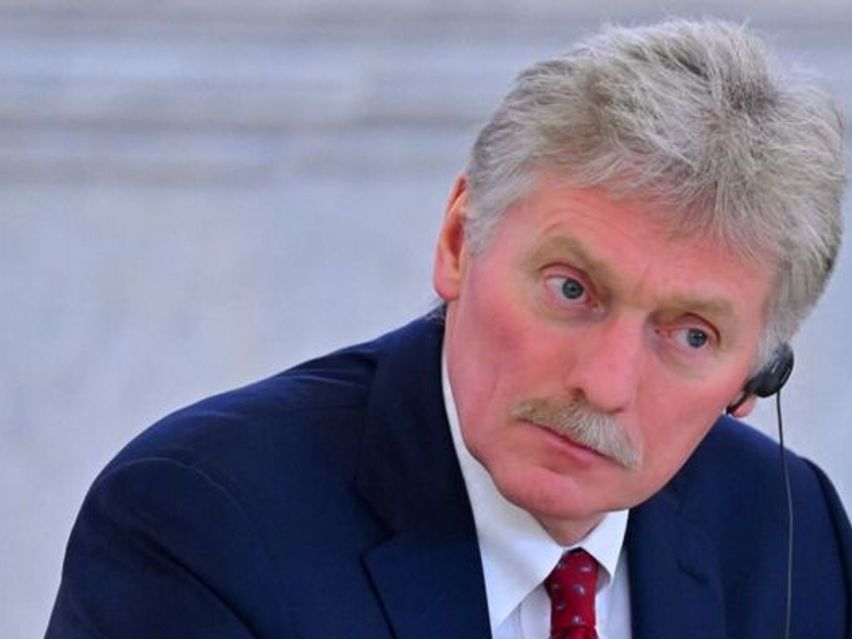
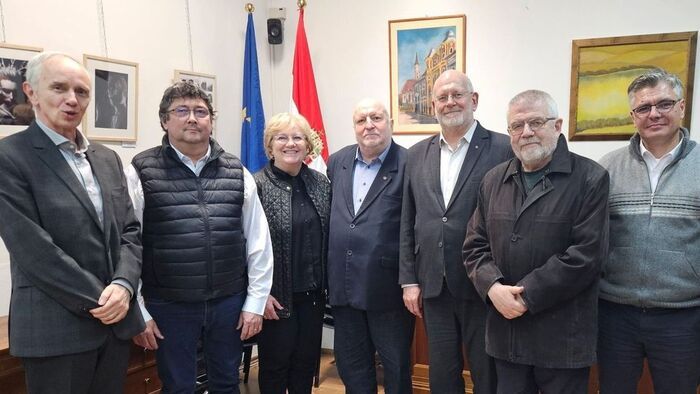

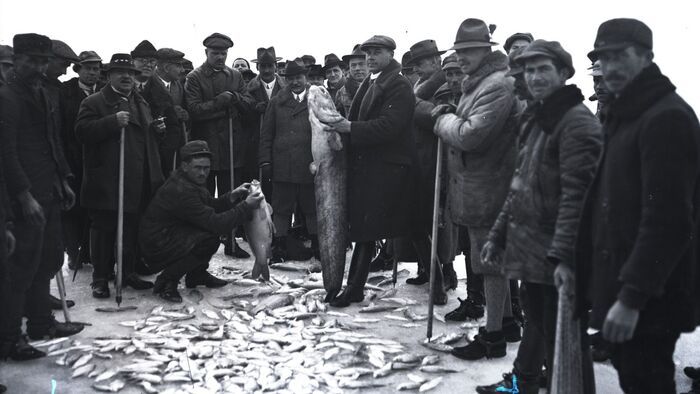
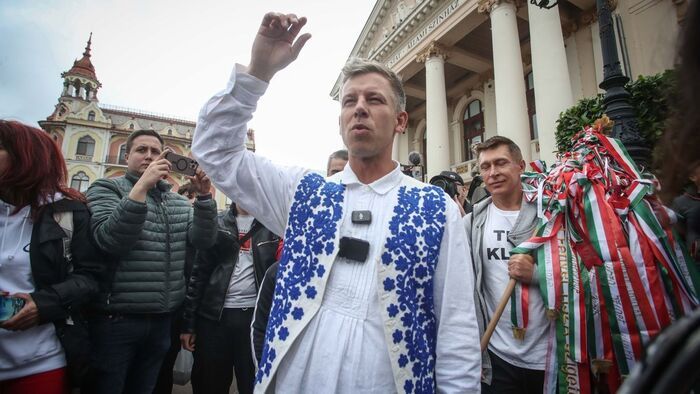
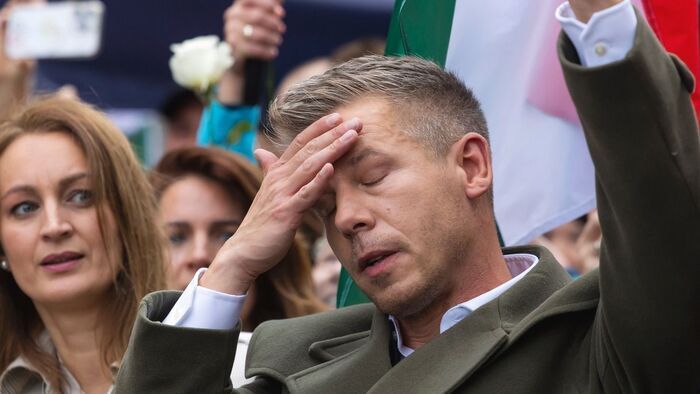
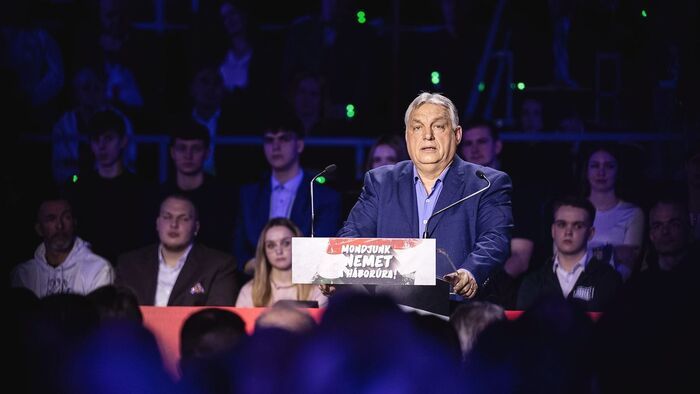
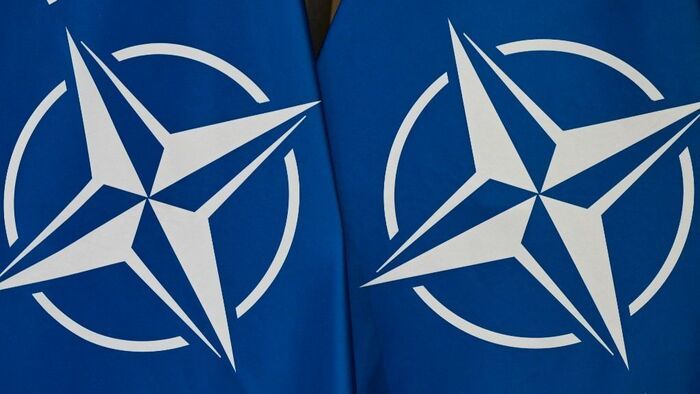
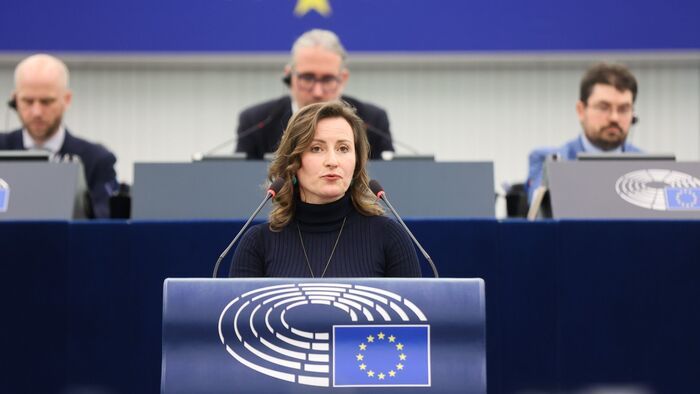



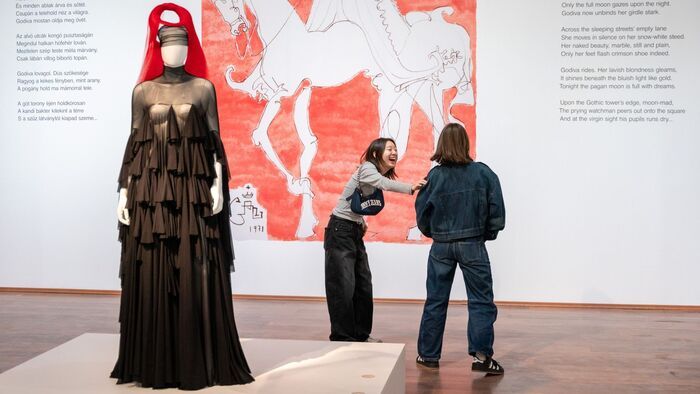


Szóljon hozzá!
Jelenleg csak a hozzászólások egy kis részét látja. Hozzászóláshoz és a további kommentek megtekintéséhez lépjen be, vagy regisztráljon!